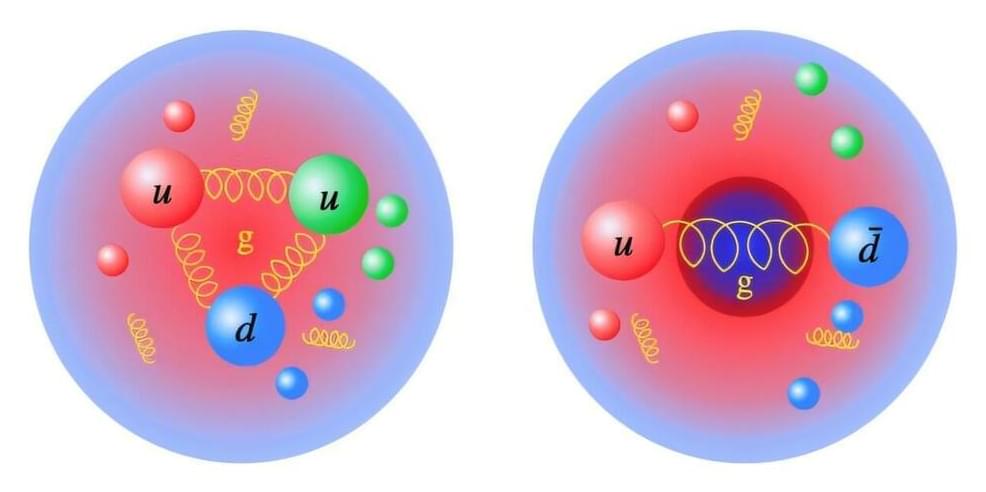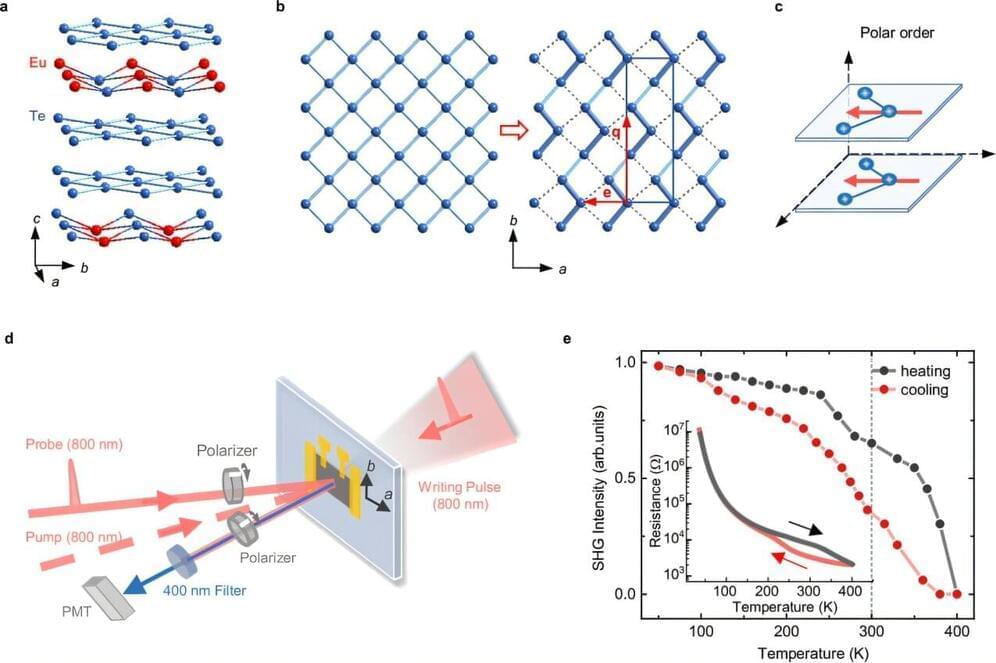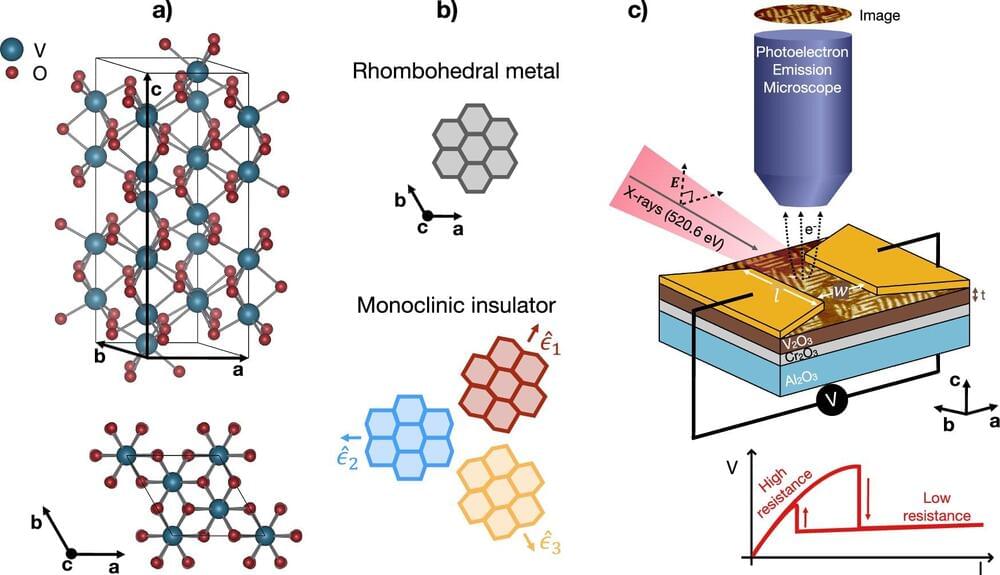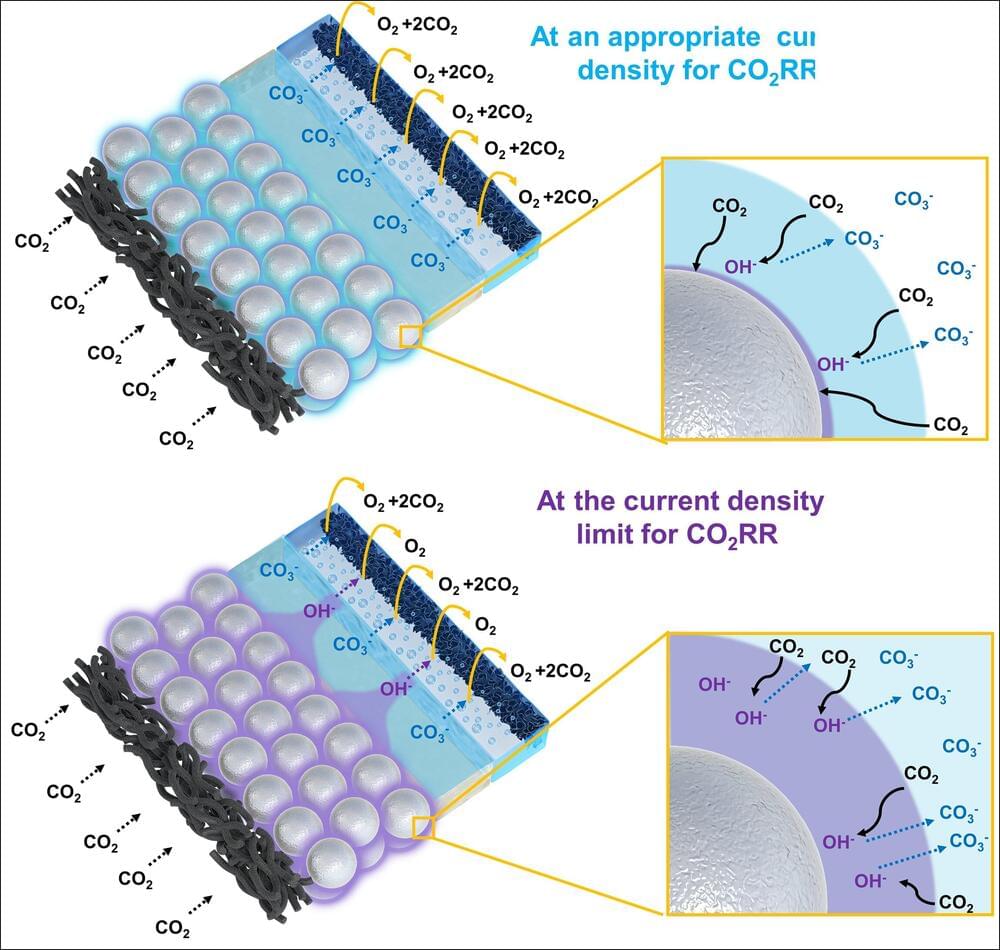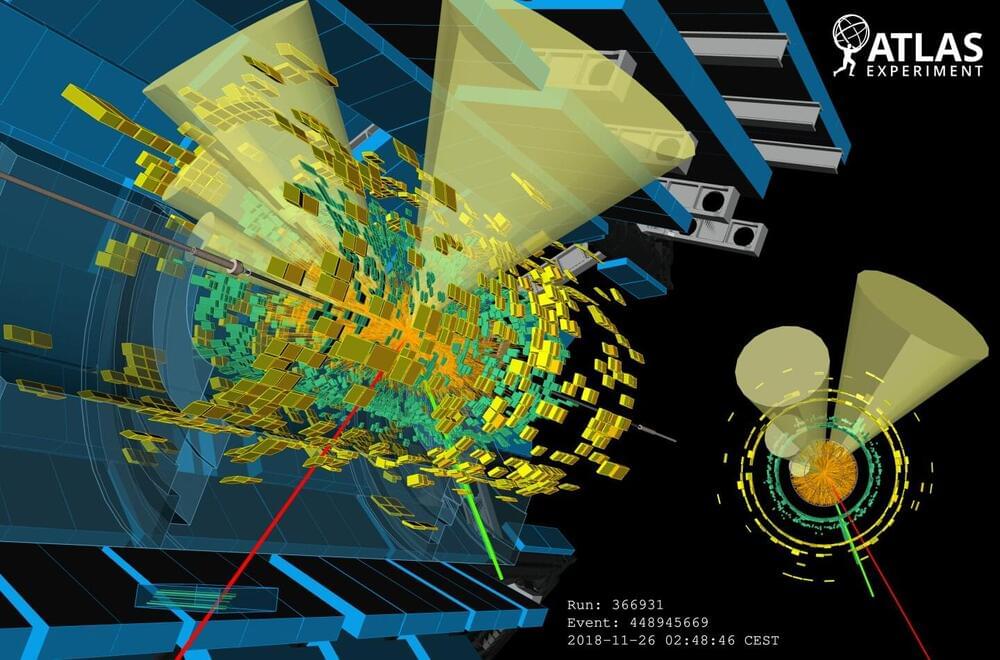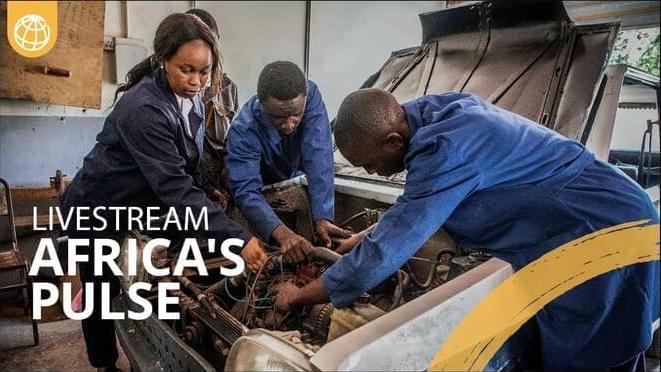Nov 16, 2024
Scientists gain new insights into how mass is distributed in hadrons
Posted by Saúl Morales Rodriguéz in category: particle physics
Scientists can determine the mass of subatomic particles that are built from quarks by looking at the particles’ energy and momentum in four-dimensional spacetime. One of the quantities that encode this information, called the trace anomaly, is linked to the fact that physical observables from high-energy experiments depend on the energy/momentum scales involved.
